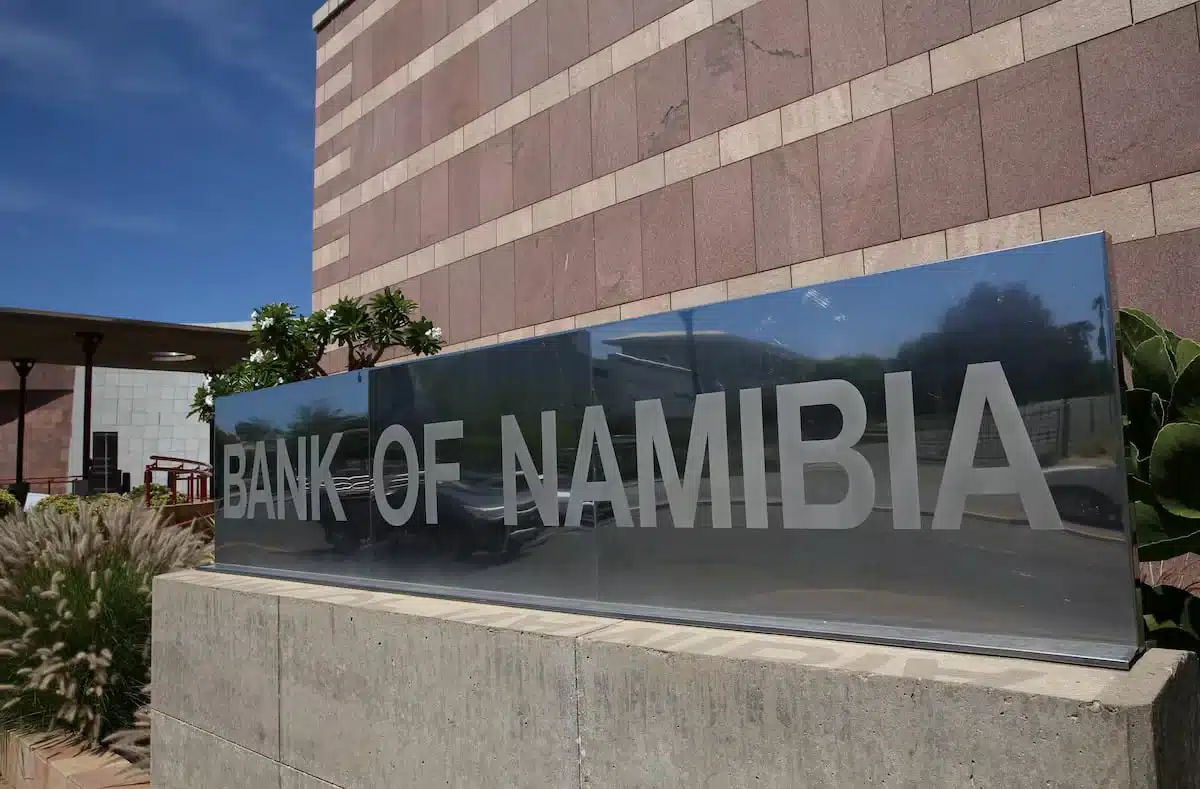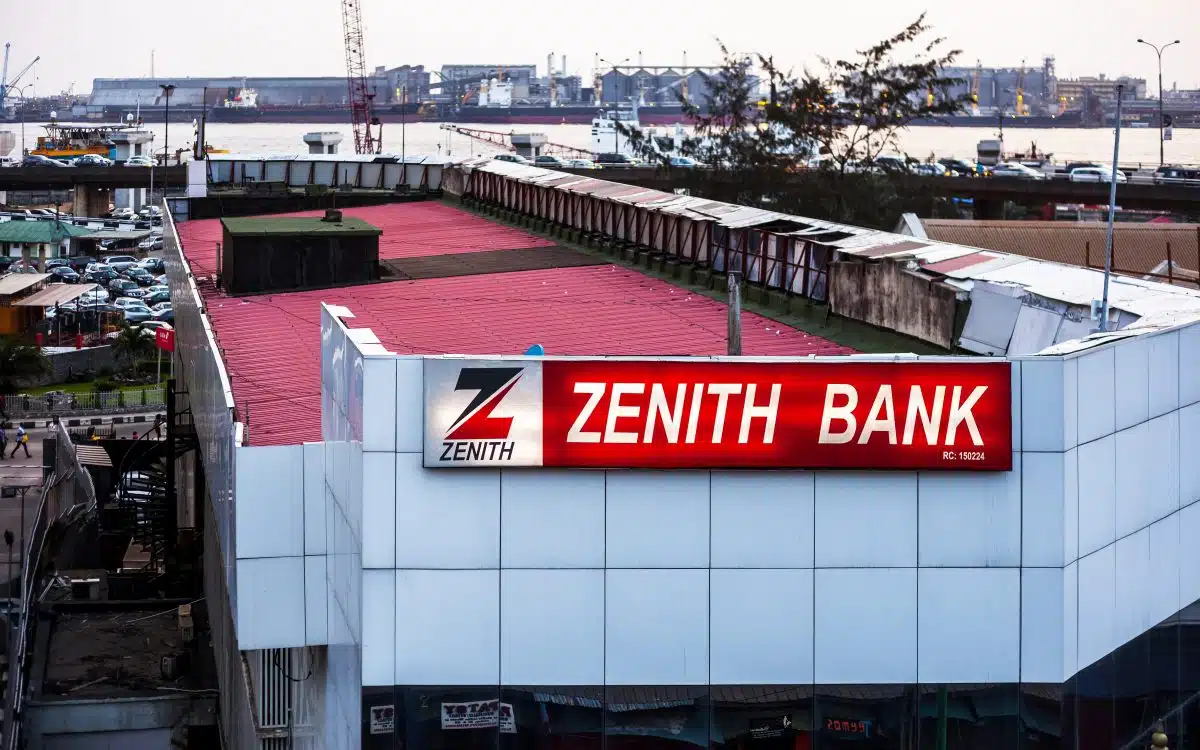Nigeria’s proposed VAT reforms will change how businesses manage expenses and cash flow. For CFOs, accountants, and business owners, these changes bring opportunities to cut costs and improve tax planning. But they also mean you’ll need to adjust your financial strategies. Here are five ways the new VAT rules could affect your business—and your bottom line:
1. Easier Expense Planning
The new VAT rules allow businesses to claim VAT on more expenses like professional fees, marketing, training, plant and equipment, leased assets, and manufacturing costs. Thus, a clothing company that spends ₦200,000 on marketing, ₦100,000 on legal fees, and ₦50,000 on staff training can now reclaim ₦26,250 in VAT. This lowers their total expenses and makes budgeting more predictable.
2. Lower Costs
While the VAT rate will increase, businesses can recover VAT on more expenses, which can lower overall costs. For instance, if a bakery buys new ovens or equipment for ₦1,000, they’ll be able to claim VAT on that equipment. Even with the VAT rate increase, the bakery can get some money back, reducing the overall cost of their purchase. So, they’re still saving even with the higher rate.
3. Simplified Tax Management
The new rules make tax management easier by expanding the number of expenses that can be claimed. With a more straightforward system, business owners can focus on growing their business rather than dealing with complicated tax rules.
Suggested Read: RMAFC raises concerns over proposed VAT distribution formula
4. Better Budgeting and Forecasting
With more expenses eligible for VAT recovery, businesses can predict future costs and cash flow more accurately. The clarity on which expenses qualify for VAT claims makes budgeting easier and more reliable.
5. More Funds for Growth
The savings from reclaiming VAT can free up cash, allowing businesses to invest in growth. Whether it’s expanding, hiring, or buying new equipment, businesses can use the extra funds to seize new opportunities.






